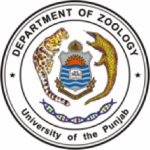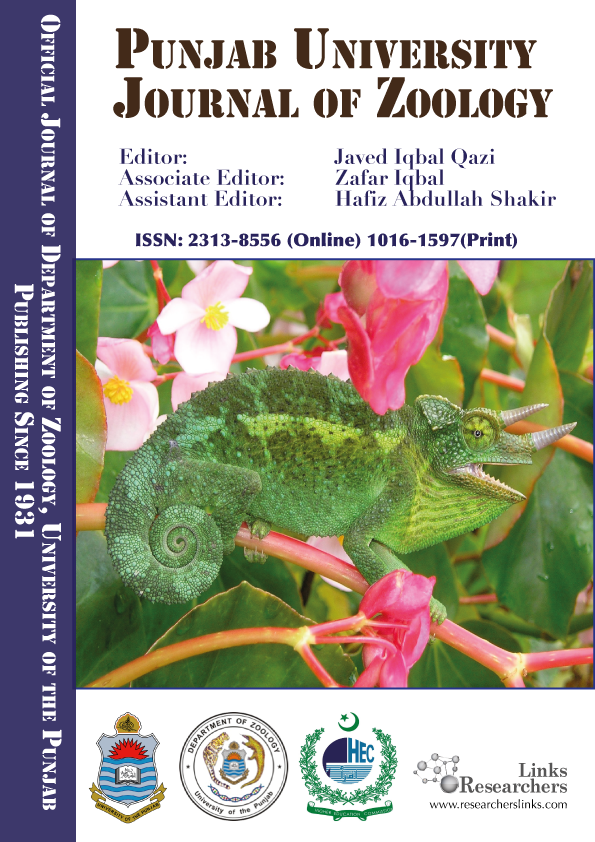Sericulture is a labour-intensive, welfare-oriented and rural cottage industry being capable to engage amateurish family manpower for income generation via indoor activities. It has potential to provide a livelihood for the poor rural families and can play a crucial role to uplift the economy of our country. Unfortunately, this industry has not been on the list of priorities of our Government. Currently, Pakistan is importing silk from other countries to meet the demand of local market. Nutritional background of larval stage (1st, 2nd and 3rd instars etc.) significantly influences the status of the resulting larva, pupae, adult and fiber. For this purpose, sericulture productivity has been impressively modulated by fertilizing the silkworm’s diet with natural food supplements or exogenous nutrients like Amway protein, honey, bovine milk, sericin, probiotics (Bacillus cereus, B. subtilis, B. amyloliquefaciens, B. licheniformis, Lactobacillus casei, Saccharomyces cerevisiae and Spirulina), vitamins (C and E), royal jelly, ascorbic acid, cowpea seed powder, AgNPs, secondary metabolites (phenols flavonoids, phenolic amino acids and proline) and white hen’s egg at different larval instars. Economic parameters (pupal weight, shell ratio (%), cocoon weight, filament length, shell weight, denier, fibroin and sericin contents) and biological traits (fresh weight of each larva, silk gland, pupa and moth) of silkworm, Bombyx mori L. (Lepidoptera: Bombycidae) have been enhanced with natural food supplements. The current review highlights details about the overview of sericulture, constrains of sericulture industry being faced by local farmers in Pakistan and impact of natural food supplements on silkworms growth and cocoon yield.
Novelty Statement | In this review article current activities related to sericulture and methods to improve economic and biological traits through diet supplementation have been discussed.







